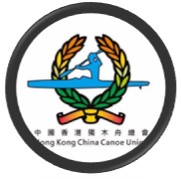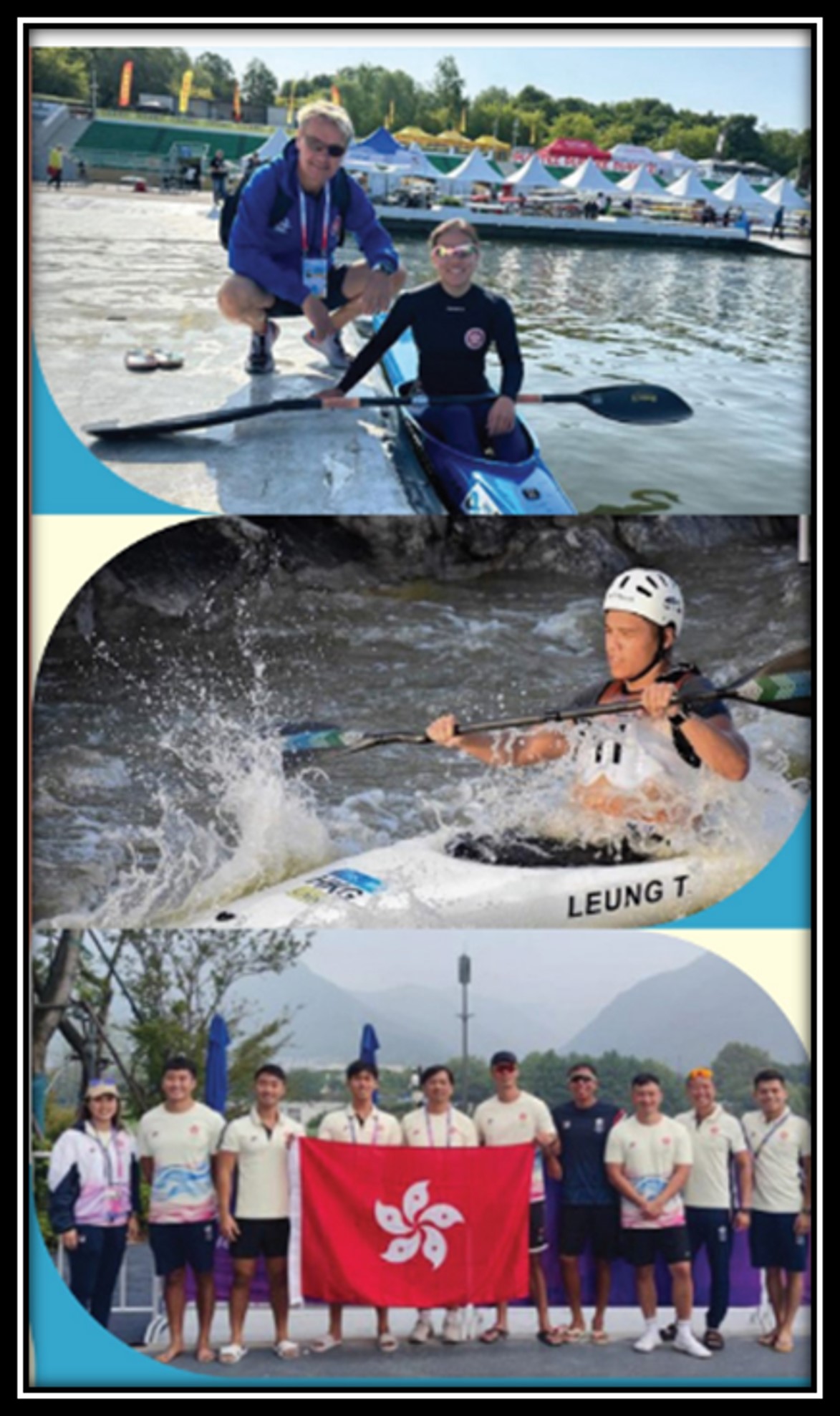 Leisure and Cultural Services Department - Community Sports Club BulletinLeisure and Cultural Services Department
Leisure and Cultural Services Department - Community Sports Club BulletinLeisure and Cultural Services Department
Portraits of National Sports Association - Hong Kong China Canoe Union

Canoeing has a long history in Hong Kong. During the inception of Hong Kong as a fishing port, residents primarily relied on canoes for transport. As time goes by, canoeing was developed as a general sport. The Education Department even included canoeing in the curriculum of teacher training between 1958 and 1960, making it one of the subjects taught in the Colleges of Education. To promote the development of canoeing, a group of canoe lovers established the Hong Kong Canoe Association in 1973. Joining the International Canoe Federation in 1974, the Association was re-organised as the Hong Kong Canoe Union in 1975, the predecessor of Hong Kong China Canoe Union (The Union).
At present, the Union oversees more than 40 affiliated clubs, with nearly 10 000 members, 1 033 of which are registered coaches. With the sponsorship of the LCSD, the Union not only organises regular canoeing competitions including sprints, marathons, ocean canoeing, stand-up paddling and canoe polo, but also sends squads to represent Hong Kong to compete in international competitions.

Fun of Canoeing in the Waters of Hong Kong
The huge popularity of canoeing in recent years is not without reasons. Canoeing requires relatively simple equipment: just a canoe and a paddle. Once mastering some basic skills, participants can try their hand and enjoy the sport. Unlike some other sports, there is no specific requirement on venues of canoeing, but the sport demands a high level of skills. Though not a wind sport, canoeing is heavily influenced by factors such as tides, water currents and weather, the dynamics of which create unique challenge for players on each and every canoeing trip, enabling them to increase resilience and enhance skill levels. While there are minimal restrictions on canoeing which can be done in most of Hong Kong’s waters, certain restricted areas, such as marine exclusion zones and the Shing Mun River, require permits for entry in advance. One of the merits of canoeing is that players may explore unique scenery tucked away in secluded places, such as mangroves in brackish waters and sea caves in the Geopark. These landscapes, often inaccessible by land, only reveal their mysteries to those canoe players.
A Holistic Approach to Promoting Safety as the Top Priority
The Union is dedicated to providing training and education to ensure that participants are equipped with necessary skills and knowledge. It therefore offers a variety of courses for beginners and professionals alike. To promote the overall development of the sport, the Union also conducts courses to train more qualified coaches. In recent years, the Union has focused on the promotion of indoor canoeing ergometers in schools, in a hope to publicise canoe racing to youths, thereby enhancing their understanding of the sport and encouraging their participation. Given the water accidents involving canoeing over the past decade, the Union places great emphasis on enhancing safety awareness, in addition to its efforts on promoting the sport. It has engaged celebrities such as Alex Fong Lik-sun and Evergreen Mak Cheung-ching to film online videos to promote safety of canoeing, reminding participants to put safety first.
Weathering the Storm Hand in Hand
The Union spares no efforts in promote canoeing. It is by no means plain sailing though and challenges abound. It was a terrifying moment when the Shek Mun Rowing Centre (the Centre) in Sha Tin was devastated by the Super Typhoon Mangkhut in 2018, with almost 70 percent of the facilities, equipment and buildings severely damaged. Thanks to the staunch support of the LCSD and the Sha Tin District Office, special funding was provided for immediate repairs and procurement of new equipment. Only by so doing could the Centre continue its contribution in promoting the development of the sport.
The Union is dedicated to providing training courses, organising competitions and education events, as well as sending squads to compete in international events, in a bid to promote the development of canoeing and augment the public’s interest in the sport. Its unwavering commitment to canoeing over the years not only offers the public a chance to participate in the sport, but also contributes to a more vibrant sporting culture in Hong Kong.
